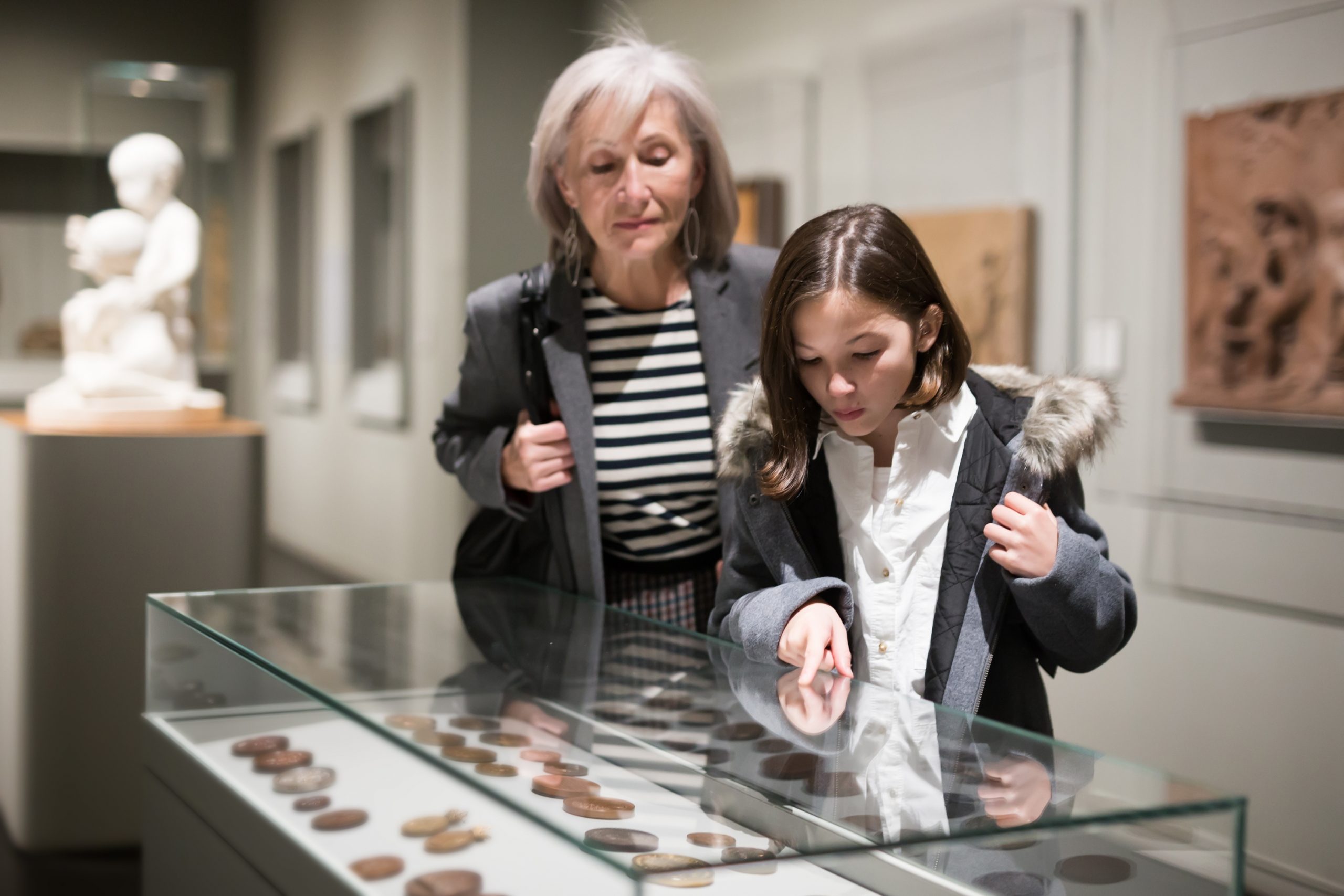Discovering the history of your local area can be an enriching experience, offering insights into the people, events, and places that shaped your community. Whether you’re a history buff or simply curious about the past, getting involved in local history is a rewarding way to connect with your surroundings, meet like-minded people, and learn more about your roots. Here are some tips and ideas for exploring local history and how you can actively participate in preserving and sharing it.
1. Visit Local Museums and Historical Sites
One of the easiest ways to dive into local history is by visiting museums and historical sites in your area. Many towns and cities have dedicated spaces that highlight important historical events, local artifacts, and significant figures. Local museums often offer exhibits that focus on the unique history of the region, from indigenous cultures to more recent developments.
- Tip: Look for guided tours or interactive exhibits that provide a deeper understanding of the site’s significance. Many museums also host events or lectures that focus on specific aspects of local history, which can offer additional learning opportunities.
2. Join a Local Historical Society
Local historical societies are organizations dedicated to preserving and promoting the history of a particular region. By joining a historical society, you can get involved in various activities, such as research projects, restoration efforts, and community events. It’s a great way to meet others who share your interest in history and to participate in projects that help keep your town’s heritage alive.
- Tip: Attend the society’s meetings or volunteer for specific tasks, such as organizing archives, leading tours, or planning events. Many historical societies also offer access to exclusive resources and archives that are not available to the general public.
3. Research Your Family History
Another great way to connect with local history is by researching your own family history. Learning about your ancestors can provide a personal connection to the history of the area and give you a better understanding of how your family fits into the broader historical context.
- Tip: Use online tools like Ancestry.com or FamilySearch.org to start building your family tree. Many local libraries also offer access to historical records, such as birth, death, and marriage certificates, as well as old newspapers and census data. These resources can help you trace your family’s roots and uncover fascinating stories about your ancestors.
4. Attend Local History Talks and Workshops
Many communities offer talks, workshops, and lectures focused on local history. These events often feature historians, authors, or experts who provide detailed insights into specific time periods or historical figures. Attending these events can deepen your knowledge of local history while allowing you to engage with the material in an interactive setting.
- Tip: Check with local universities, libraries, and museums for upcoming events. Some historical societies also host regular talks and workshops that are open to the public.
5. Contribute to Historical Preservation Projects
If you’re passionate about preserving history for future generations, consider getting involved in historical preservation projects. Many communities have ongoing efforts to restore historic buildings, landmarks, or public spaces. Volunteering your time or donating to these causes can have a lasting impact on preserving the area’s heritage.
- Tip: Contact your local historical society, town government, or community organizations to learn about restoration projects that could use your help. Even if you don’t have specialized skills, there are often tasks like fundraising, event organizing, or outreach where volunteers are needed.
6. Explore Local Archives and Libraries
Many towns and cities have archives or special collections in their local libraries that house important historical documents, photographs, maps, and other materials. These archives are treasure troves for anyone looking to learn more about the history of their community.
- Tip: Ask the librarians or archivists for guidance on where to start. They can help you locate specific materials related to your area of interest, whether it’s a particular neighborhood, historical event, or notable figure in the community.
7. Join or Start a Local History Group
If you’re eager to share your passion for local history with others, consider joining or starting a local history group. These groups often focus on research, storytelling, and sharing knowledge about the area’s past. Whether through regular meetups, online forums, or special projects, local history groups provide an excellent opportunity for collaboration and discovery.
- Tip: If there isn’t a group already in your area, start one! Reach out to your local library, historical society, or community center to see if they can help you organize a local history group or promote your meetings.
